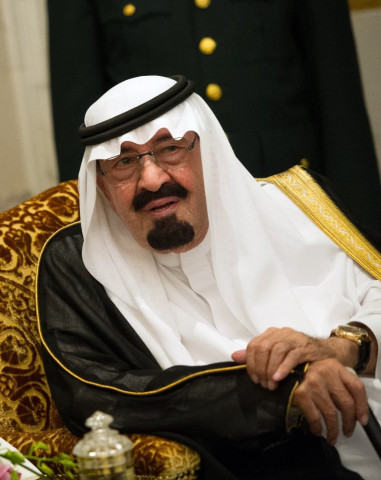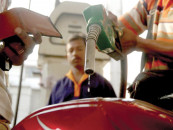Public income: Saudi Arabia raises spending despite huge budget gap
Budget shortfall of $38.6b the largest ever for the kingdom.

A statement read on state-run television said spending for 2015 is projected at 860 billion riyals ($229.3 billion) and revenues at 715 billion riyals ($190.7 billion). Projected spending is slightly higher than the 855 billion riyals planned for this year, but revenues are 140 billion riyals lower than the estimates for 2014, said the statement.
The budget shortfall is the first deficit projected by the Opec kingpin since 2011 and the largest ever for the kingdom. Over the past decade, Saudi Arabia overspent budget projections by more than 20% and if the trend is maintained next year, the deficit will be much higher.
The price of oil, which makes up more than 90% of public income in Saudi Arabia, has lost about half of its value since June due to a production glut, weak global demand and a stronger US dollar.
Saudi Finance Minister Ibrahim al-Assaf said this month that Riyadh will continue massive public spending despite the sharp decline in oil prices. He said the budget comes during “challenging” global economic conditions but reserves built over many years have given Saudi Arabia “depth and a line of defence that come in handy in times of need”.
In royal decrees issuing the new budget, King Abdullah called for “rationalisation of spending” and for the “accurate and efficient implementation of the budget”.
“You are aware of the slowdown in growth in the global economy and the events in the petroleum market that led to the sharp fall in oil prices,” the statement quoted the king as saying.
If oil prices remain at the current level of about $60 a barrel for the benchmark Brent crude, Saudi Arabia is expected to lose half of its oil revenues of $276 billion posted in 2013.
The International Monetary Fund has warned that due to the drop in oil price, Saudi Arabia will post a budget deficit this year. But the wealthy kingdom, which pumps around 9.6 million barrels per day, can easily tap into huge fiscal buffers, estimated at $750 billion, to meet the budget deficit.
Published in The Express Tribune, December 26th, 2014.
Like Business on Facebook, follow @TribuneBiz on Twitter to stay informed and join in the conversation.



















COMMENTS
Comments are moderated and generally will be posted if they are on-topic and not abusive.
For more information, please see our Comments FAQ